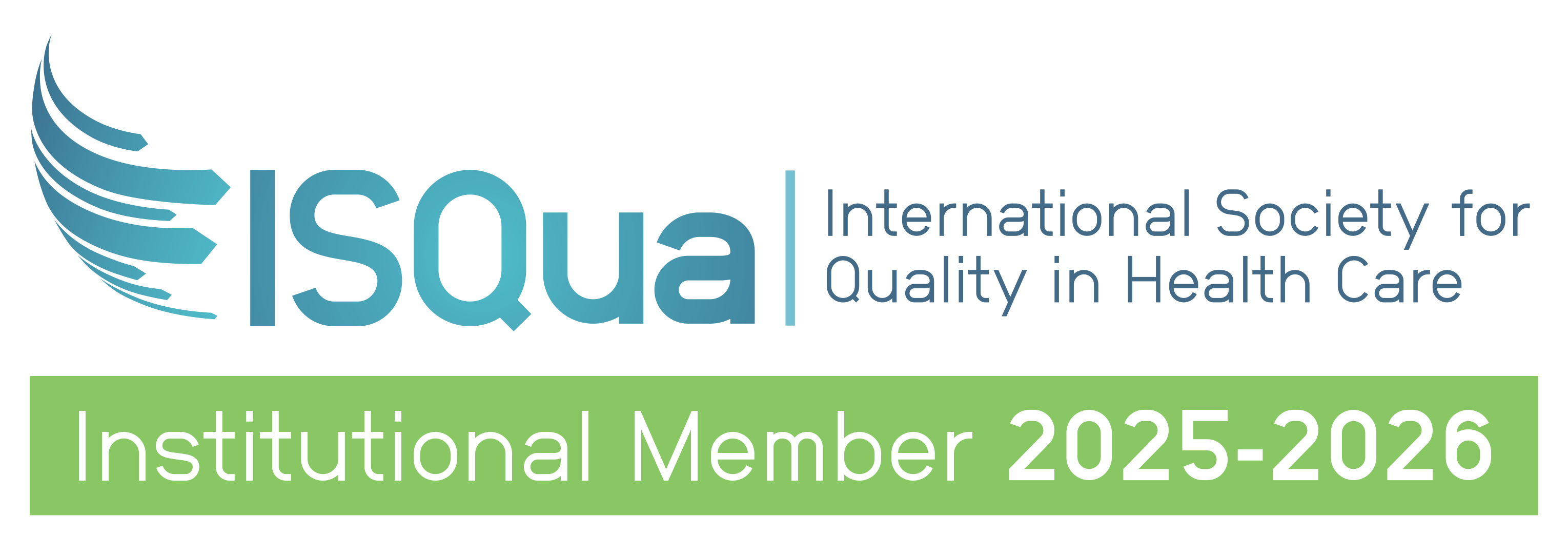
QI In Action: Preventing Falls in the Emergency Medical Unit
We spotlight Courtney Jones, Kylie Shelverton and Iain Wilson’s impactful project which focuses on addressing falls in the Emergency Medical Unit at Royal Hobart Hospital, Tasmania.
The Quality Improvement Lead (QIL) Program is a 9-month training course run by the ACHS Improvement Academy, supporting participants in implementing quality improvement projects within their own organisations.
QIL graduates Courtney Jones, Kylie Shelverton and Iain Wilson worked on a project titled, ‘Preventing Falls in the Emergency Medical Unit,’ aimed at targeting systemic issues that were contributing to falls at Royal Hobart Hospital in Tasmania.
As Tasmania’s largest hospital and major referral centre, the Royal Hobart Hospital supports a population of approximately 250,000 residents in the southern region.
Project Background
The Emergency Medical Unit (EMU) is a dynamic, high-turnover environment treating a diverse mix of patients, including those at high risk of falls. Prolonged patient stays have compounded the risks, leading to several falls that caused severe injuries and, in some cases, mortality. Following the review of two high-priority safety events, the project team set the goal to reduce the number of falls in the EMU that result in injury or death by February 2024.
Undertaking a Systemic Approach to Addressing Patient Falls
The team leveraged diagnostic tools and data analysis to pinpoint key contributing factors, including staff workload, environmental design, and patient reluctance to seek assistance. They identified patterns of harm-causing falls and developed targeted strategies to mitigate risks.
To implement this intervention successfully, the team:
-
Introduced a ‘falls trolley’ ensuring staff had immediate access to essential tools and information.
-
Designed a validated rounding form to guide interventions, simplifying the process for staff.
-
Delivered tailored training modules to onboard Assistant in Nursing (AIN) staff, emphasising patient-centred care and rapport building.
-
Anticipated and addressed potential barriers, including staff resistance, time constraints, and communication hurdles.
Results
This initiative coincided with the onboarding of new nursing staff and propelled the integration of a patient rounding model into their practice.
The team observed an improved culture of shared responsibility for patient safety, enhanced environmental assessments, and a shared responsibility for fall prevention, with positive feedback suggesting a foundation for broader organisational improvements in patient safety.
Explore projects from QIL Program Graduates
You can read more projects like this in the QIL Projects Summary booklet undertaken by QIL 2021-2023 participants over the course of our 9-month program.
The booklet contains summaries of real work-based improvement projects across various healthcare categories including acute healthcare, community, drug and alcohol services, partnering with consumers and more. Project Summaries booklets are available for viewing here.

